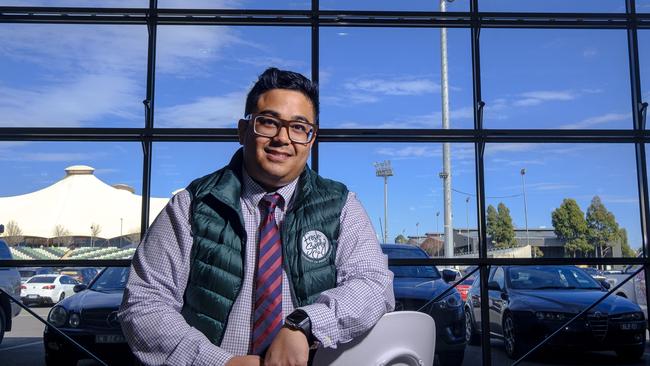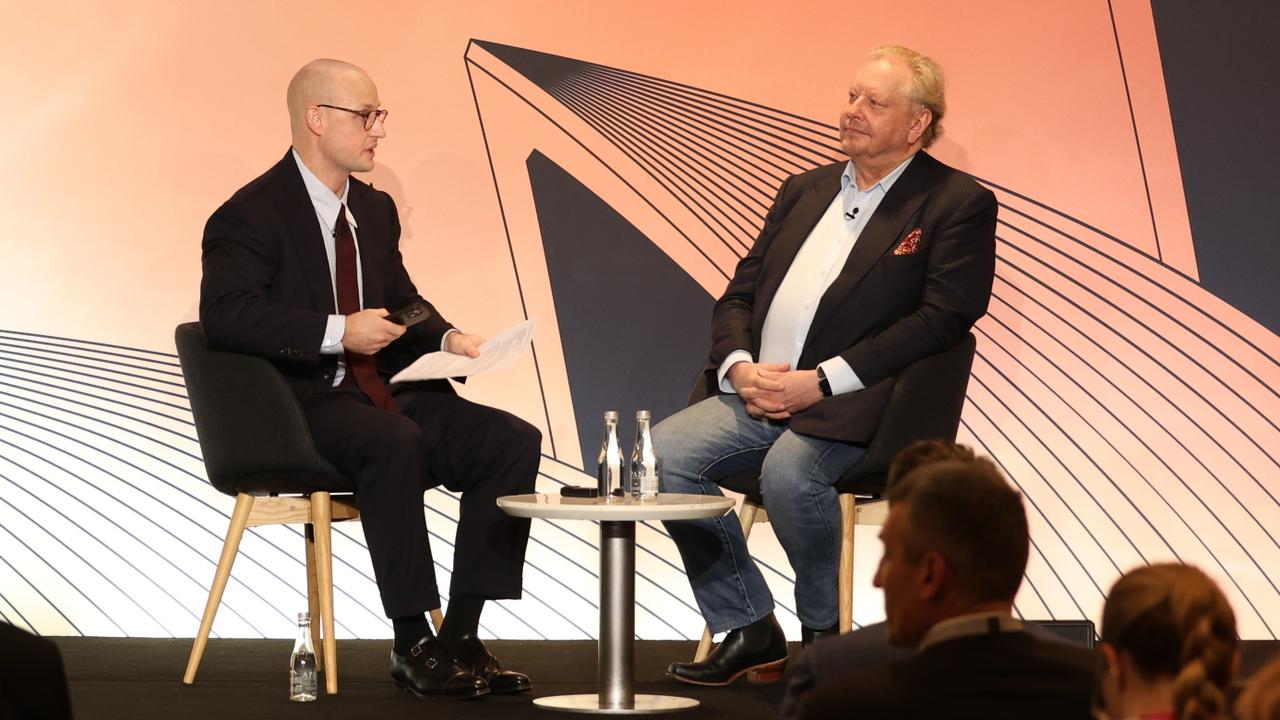Supply chain to feel COVID shift
Moving away from a single source of manufacturing and supply and using digital technologies will deliver greater options to consumers.

Not since World War II have Australians been asked to sacrifice how they live. In a COVID world, that’s been the ask – to adopt war time measures in a national crisis for the greater good.
How we have responded to Corona has been an interesting exercise in mass collective behaviour.
We have seen anxiety turn to fear and many Australians panic-buy, stripping supermarkets and pharmacies bare of medical supplies, toilet paper and food.
Amid the panic, it exposed what appeared to be a non-existent contingency to deal with a national crisis like a pandemic – our supermarkets were unable to restock fast enough to meet mass demand.
But in every crisis lessons are learned, which is why in a post COVID world, when we come to reassemble the remains of devastation, part of the puzzle will comprise of new methodologies, and should there ever be another crisis that cripples the world socially and economically, it won’t be efficient supply chains we will rely on to service our needs, but resilient supply chains.
In the crisis of COVID-19, efficient supply chains are proving ineffective – they’ve helped contribute to the hysteria around people’s inability to buy goods when they needed them.
Moving away from a single source of manufacturing and supply and using digital technologies to share information not only strengthens supply chains but deliver greater options to consumers.
It was only last week the ACCC allowed Australia’s major supermarkets to come together so they could flag and address supply shortages across multiple verticals – validating supply shortages can only ever be achieved by working together.
When the world surfaces from the cloud of darkness enshrouding it, and we look over the parapet of decimation COVID-19 has delivered, we will reset to the dawning of a new normal, and how the world was pre COVID, will be vastly different to what we have now.
COVID has taught us using digital technologies like Zoom, and other remote communication platforms will play a significant part in how we live and work, far more than what it did only three months ago.
And just as digital technologies are cemented in our lives, so too will our expectations that digitised, resilient and transparent supply chains become a key part too.
Because amid the gloom, a new star shines in the traceability and blockchain space throughout Australia and the Asia-Pacific – it is global banking giant, Mastercard.
Brisbane-based Fresh Supply Co (FSC) along with Mastercard partnered to drive the uptake of the provenance blockchain network throughout the APAC region.
In the early days there was no clear leader who has had difficulty going from proof of concept to ongoing, large scale usage by industry.
It had been the case, not only for IBM – but for those who have gone for a top-down consortia approach, showing a lack of real economic incentive.
Being “stuck” with a underperforming protocol is risky business for all producers – it can cost tens to hundreds of thousands to change IT infrastructure as well as training staff.
But FSC has chosen to be strategic. It has sought to be blockchain agnostic, which is proving successful as validation from multiple clients and industries are coming from the bottom up.
The essence of FSC and Mastercard’s partnership is to enable businesses to be paid sooner, reducing payment times from 30 days to within a second – an impressive turnaround in an industry worth more than $US3.1tn.
Mastercard’s entry into the market gives producers domestically and globally greater export opportunities to trade with confidence and surety.
As airfreight prices continue to rise and China returns online – it’s critical Australia’s primary production sector functions effectively. By assuring companies are paid faster, with more money in their pockets during times of uncertainty when economies are on the verge of collapse, struggling to address and adapt to COVID, redefines how trading will be enacted.
Food production systems will advance in quantum leaps while consumers will be protected from supply shortages, as well as increasing and improving food safety.
Now more than ever does industry need to support producers, domestic supply, and export trade as China and other countries come back online.
Horticultural and dairy supply chains exporting into South East Asia and China will be the first to use traceability + payments and trade finance.
The opportunities are enormous and will only get bigger, offering a service superior to the big banks, at a time of unprecedented economic and social disruption is sorely needed.
David Inderias is the CEO and Founder of Fresh Supply Co.



To join the conversation, please log in. Don't have an account? Register
Join the conversation, you are commenting as Logout